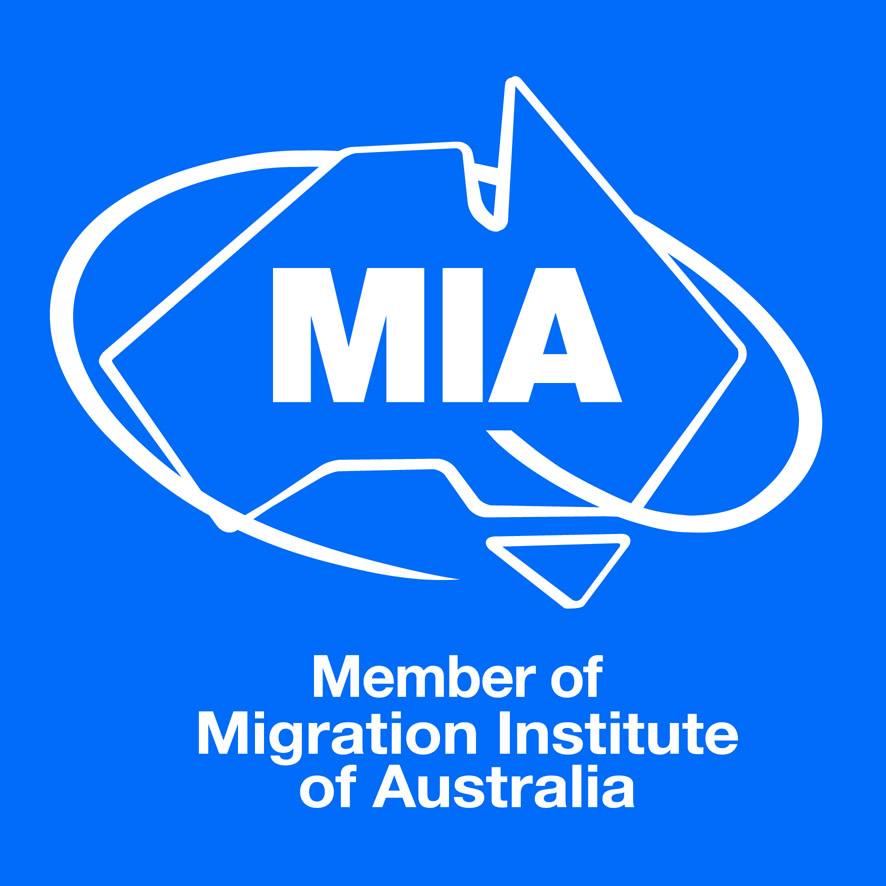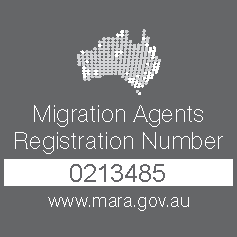Staffing needs vary for individual businesses. Depending on the type and size of the business or the industry the business is in, there may be a need to employ overseas workers.
When it comes to hiring overseas workers businesses can opt to sponsor eligible overseas workers on a subclass 482 via a Standard Business Sponsorship but where businesses have a constant need for overseas workers, an Immigration Labour Agreement may be a more viable option.
Whether a business requires standard business sponsorship, or a labour agreement is determined by the following factors:
– Size of the business
– How often the business requires overseas workers
– How relevant the business is to the Australian government
– Whether the position that needs to be filled is on the skilled occupation list set out by the government
What’s the difference between standard business sponsorship and a labour agreement?
While both schemes enable businesses to employ overseas workers, they do differ.
Standard Business Sponsorship
As part of the subclass 482 Temporary Skill Shortage visa, employers must become a standard business sponsor. In order to become a sponsor, employers must be lawful and operating a business that meets local labour and employment practices. The occupations they require workers for must be on the short-term or medium-term occupation list.
Standard Business Sponsorship is suited to businesses of all sizes and industries. Businesses can opt to apply for accreditation which will give these businesses priority when it comes to visa processing.
Temporary Skill Shortage visas are valid for up to four years, with the opportunity to renew.
Labour Agreements
Labour agreements enable approved businesses to sponsor skilled overseas workers where the Australian labour market can’t meet the demonstrated needs of a business.
Generally suitable for larger organisations and specific industries, they are designed for businesses that need to frequently hire skilled overseas workers. Labour agreements are negotiated between the Australian Government and the business requiring overseas workers. While these agreements are tailored to each individual business there are also industry specific labour agreements available.
As part of the agreement, employers are required to make a commitment to the employment, education, training and career opportunities of Australians. Labour agreements also enable access to occupations that may not be on the short-term and medium-term occupation lists of the subclass 482 visa.
While businesses are allocated a set number of nominations per year, labour agreements can make it easier for visas to be processed. The length of stay is the same as a Standard Business Sponsorship.
The employment of overseas workers can be quite complex. It is recommended that a registered migration agent assist in preparing these documents. Visa Solutions Australia has been successful in obtaining business sponsorship and labour agreements for our clients.
If you would like to discuss employing overseas workers or any other aspect of migration, call Visa Solutions Australia on 1800 828 008.
Travel Exemptions
While Australian borders are currently closed due to the COVID-19 pandemic, travel exemptions may apply under the following circumstances:
– A traveller has a compassionate or compelling reason to visit Australia
– Overseas workers holding a Subclass 482 or 400 visa are required to undertake a job in Australia that cannot be filled by a local employee in a critical role or industry
Visa Solutions Australia has been successful in acquiring a broad range of exemptions, from critical workers to those needing to travel on compassionate grounds.







